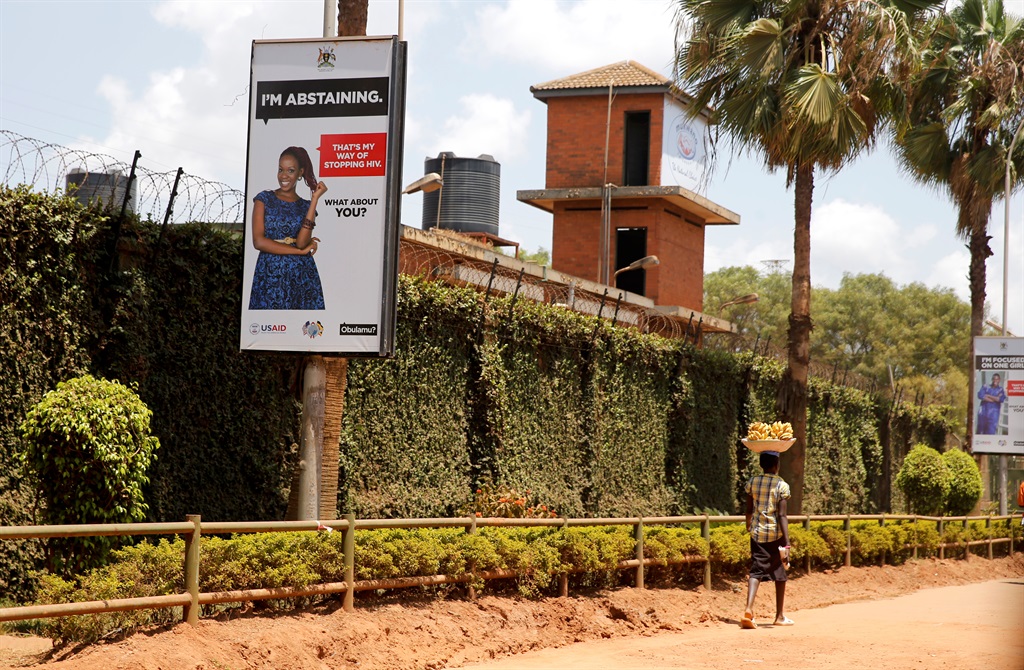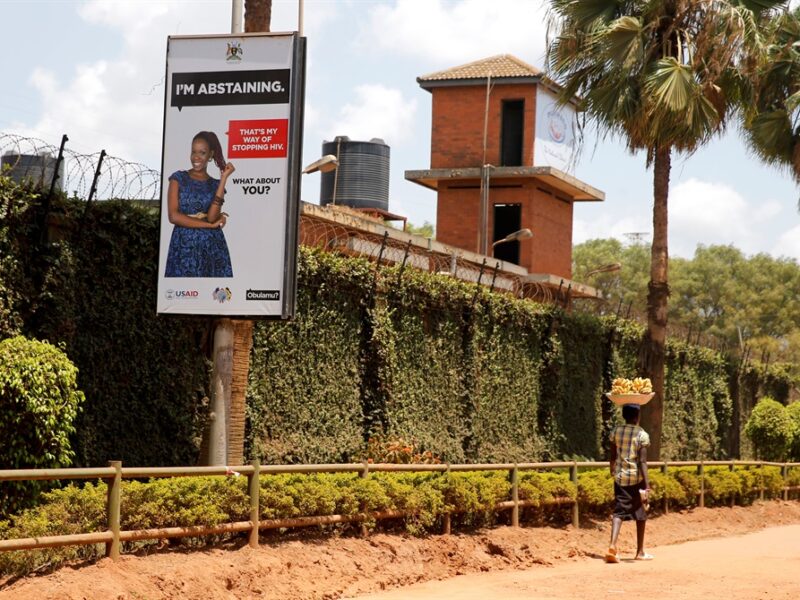[ad_1]

South Africa remains a key territory for US-funded HIV and Aids work.
Godong/Universal Images Group via Getty Images
- South Africa and the US may not always see eye to eye, but the US will continue to support HIV work.
- USAID has launched a new research project with the Medical Research Council.
- American-funded projects have had a huge impact in some parts of South Africa, and on the continent as a whole.
South Africa remains a key territory for US-funded HIV and Aids work as the focus increasingly shifts to the search for viable vaccines, Han Kang, the acting USAID deputy assistant administrator for global health, revealed this week.
Kang, also the director of the USAID office of HIV and Aids, was speaking at a side event of the ongoing United Nations General Assembly Summit (UNGA78), hosted by BroadReach, South Africa’s local implementation partner for the United States President’s Emergency Plan for AIDS Relief (PEPFAR).
“We [last week] launched a new research and development activity, where we are directly funding African-based scientists to do vaccine research and development, in particular in South Africa with the Medical Research Council,” said Kang.
South Africa’s alliance with Russia, and the resulting strained relations with the US, had brought fears that PEPFAR could be a potential political casualty.
According to the WHO, around 7.5 million people were living with HIV in South Africa.
BroadReach, through PEPFAR, was instrumental in one of the continent’s biggest HIV/Aids fights in South Africa.
Cape Town-based Dr Ernest Darkoh, BroadReach’s co-founder, served on then US president Barack Obama’s Presidential Advisory Council on HIV/Aids.
Speaking at the same event at the National Press Club in Washington DC, he said the work done in one of KwaZulu-Natal’s districts stood out.
“One of our greatest joint achievements was turning around the Ugu District in KwaZulu-Natal, which at one point had the highest HIV prevalence in the world. Millions of lives were saved by our health workers, whose capacity was extended with the help of artificial intelligence,” he said.
Dhirisha Naidoo, who has spent more than 20 years on the PEPFAR-funded programme in the Ugu District, under BroadReach, worked in the community well before the introduction of anti-retroviral treatments (ARTs).
But once ARTs became available and the support structure was in place, Ugu’s turnaround was remarkable, she said.
“Ugu became the first district in SA to reach the 90-90-90 UNAID care and treatment goals. We are proud that, just last week, two more of our districts also reached this milestone! We currently support 555 000 people on sustained treatment across four rural, high-prevalence districts in KwaZulu-Natal and Mpumalanga,” she said.
According to the WHO, PEPFAR has been a spectacular success in battling the pandemic in Africa, a continent more severely hit by HIV, with an estimated 30 million fatalities since 1982.
READ | With political will and help from abroad, Eswatini is beating HIV/Aids
Adult infection rates in Africa were 6.1% in late 2005, compared to 1% globally – but, by 2007, they had decreased to 5%, as opposed to 8% globally.
Drawing from past lessons, from vaccine inequality to other global health crises, universal care and access to life-saving drugs should be a top priority.
“It is unfair that people die around the world because of a lack of access to lifesaving drugs. For the global community to reach its goal of ending HIV as a public health crisis by 2030, we must continue to advocate for universal access to healthcare and the achievement of greater diversity, equity and inclusion in global healthcare.
“This will be possible if PEPFAR is reauthorised and given the green light to scale its innovations and networks to reach more people,” said Chris Collins, the president and CEO of Friends of the Global Fight Against AIDS, Tuberculosis and Malaria.
The News24 Africa Desk is supported by the Hanns Seidel Foundation. The stories produced through the Africa Desk and the opinions and statements that may be contained herein do not reflect those of the Hanns Seidel Foundation.

